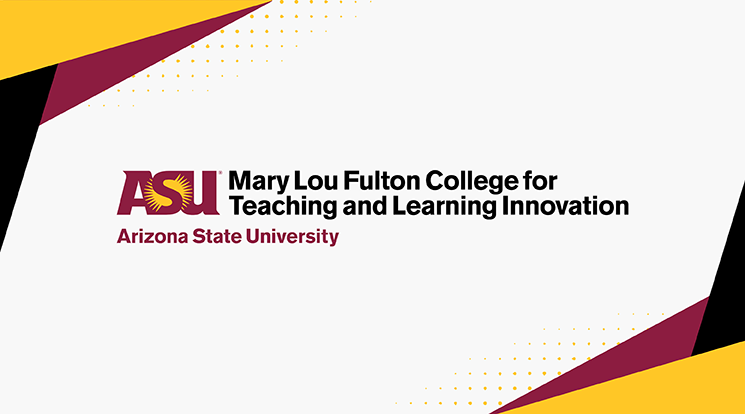From our journals: Do immigrants affect achievement?

Does Isolation from Immigrant Students Benefit or Harm Third-Plus Generation Students?
By: Margarita Pivovarova, MLFTC assistant professor, and Jeanne Powers, MLFTC associate professor
Published in: Education Policy Analysis Archives, June 24, 2019
Frequently, both authorized and undocumented immigrants are framed as consuming a disproportionate share of social benefits. Pivovarova and Powers used data from the 2012 Programme for International Student Assessment to assess this claim in U.S. high school contexts, focusing on the mathematics achievement of third-plus generation students who did not attend schools with immigrant students. On average, the third-plus-generation students who did not attend schools that enrolled first- or second-generation immigrant students had lower achievement than their same generation peers attending schools that served immigrant students.
By: Amy N. Farley, University of Cincinnati
Published in: Education Policy Analysis Archives, February 4, 2019
In a comprehensive analysis of state-level direct democracy in education, this article examines the content and prevalence of education ballot initiatives used to shaped U.S. education policy over time.
By: Adai Tefera (former MLFTC post-doctoral scholar), David Hernandez Saca (a former student of Alfredo Artiles, dean of the Graduate College and the Ryan C. Harris Professor of Special Education at Arizona State University) and Ashlee Lester
Published in: Education Policy Analysis Archives, January 7, 2019
Through interviews, focus groups and classroom observations with 15 black and Latinx students labeled with dis/abilities, the team utilizes the power of student voice and counterstories to problematize the master narrative of a “grit”/no “grit” binary in education policy discourse.
Review of “Culturally Affirming Literacy Practices for Urban Elementary Students”
By: Alejandra Martin, University of California, Los Angeles
Published in: Education Review, June 10, 2019
This review focuses on three overarching themes that are central to the text — Critical Pedagogies, Culturally Appropriate Literacy Instructional Practices and Teacher Education Programs and Models — and highlights some of the strengths and weaknesses of the research and practice examples in the book.
Review of “News Literacy: Helping Students and Teachers Decode Fake News”
By: Katherine Pivoda, University of Colorado Denver
Published in: Education Review, May 8, 2019
Designing the book as a resource for both teachers and students, the authors’ main argument is that students must be equipped with tools to help them analyze and evaluate news and, ideally, begin to distinguish real news from fake.
About our journals
EPAA is curated by MLFTC faculty members. It’s a peer-reviewed, open-access, international, multilingual and multidisciplinary journal designed for researchers, practitioners, policymakers and development analysts concerned with education policies. EPAA publishes issues comprised of empirical articles, commentaries and special issues, weekly, all pertaining to educational policy.
Education Review publishes reviews of recent books in education, covering the entire range of education scholarship and practice. The journal is edited by Gustavo E. Fischman, Mary Lou Fulton Teachers College professor; Melissa Cast-Brede, University of Nebraska Omaha associate professor; and Gene V Glass, Mary Lou Fulton Teachers College Regents Professor Emeritus.
Contact Stephanie McBride-Schreiner to learn more about our journals.